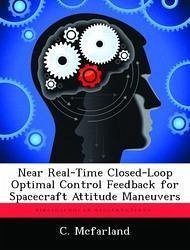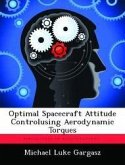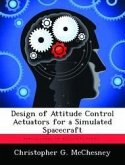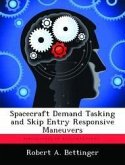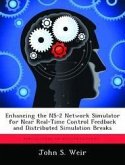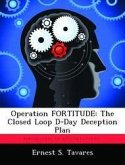Optimization of spacecraft attitude maneuvers can significantly reduce attitude control system size and mass, and extend satellite end-of-life. Optimal control theory has been applied to solve a variety of open-loop optimal control problems for terrestrial, air, and space applications. However, general application of real-time optimal controllers on spacecraft for large slew maneuvers has been limited because open-loop control systems are inherently vulnerable to error and the computation necessary to solve for an optimized control solution is resource intensive. This research effort is focused on developing a near real-time optimal control (RTOC) system for spacecraft attitude maneuvers on the Air Force Institute of Technology's 2nd generation simulated satellite, SimSat II. To meet the end goal of developing a RTOC controller, necessary preliminary steps were completed to accurately characterize SimSAT II's mass properties and attitude control system. Using DIDO, a pseudospectralbased optimal control solver package, to continuously solve and execute a sequence of optimized open-loop control solutions in near real-time, the RTOC controller can optimally control the state of the satellite over the course of a large angle slew maneuver. In this research, simulation and experimental results clearly demonstrate the benefit of RTOC versus other non-optimal control methods for the same maneuver.
Hinweis: Dieser Artikel kann nur an eine deutsche Lieferadresse ausgeliefert werden.
Hinweis: Dieser Artikel kann nur an eine deutsche Lieferadresse ausgeliefert werden.

